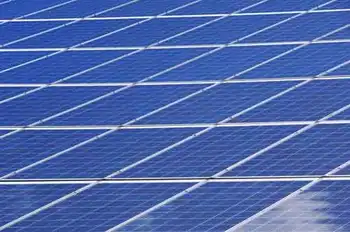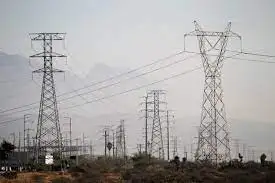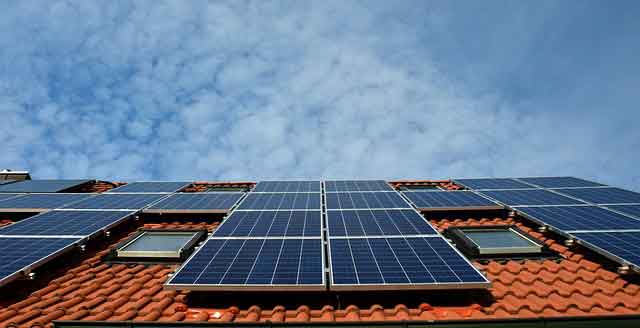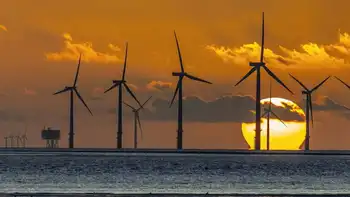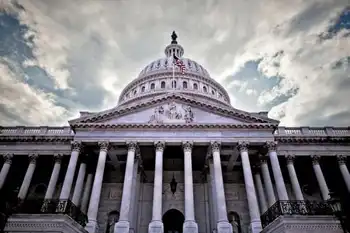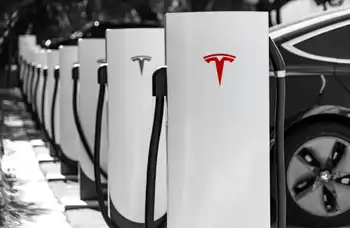Coronavirus could stall a third of new U.S. utility solar this year: report
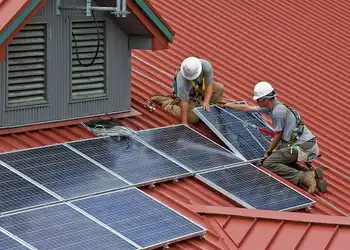
NFPA 70b Training - Electrical Maintenance
Our customized live online or in‑person group training can be delivered to your staff at your location.

- Live Online
- 12 hours Instructor-led
- Group Training Available
U.S. Utility-Scale Solar Delays driven by the coronavirus pandemic threaten construction timelines, supply chains, and financing, with interconnection and commissioning setbacks, module sourcing risks in Southeast Asia, and tax credit deadline pressures impacting project delivery.
Key Points
Setbacks to large U.S. solar builds from COVID-19 impacting construction, supply, financing, and permitting.
✅ Construction, interconnection, commissioning site visits delayed
✅ Supply chain risks for modules from Southeast Asia
✅ Tax credit deadline extensions sought by developers
About 5 gigawatts (GW) of big U.S. solar energy projects, enough to power nearly 1 million homes, could suffer delays this year if construction is halted for months due to the coronavirus pandemic, as the Covid-19 crisis hits renewables across the sector, according to a report published on Wednesday.
The forecast, a worst-case scenario laid out in an analysis by energy research firm Wood Mackenzie, would amount to about a third of the utility-scale solar capacity expected to be installed in the United States this year, even as US solar and wind growth continues under favorable plans.
The report comes two weeks after the head of the top U.S. solar trade group called the coronavirus pandemic (as solar jobs decline nationwide) "a crisis here" for the industry. Solar and wind companies are pleading with Congress to extend deadlines for projects to qualify for sunsetting federal tax credits.
Even the firm’s best-case scenario would result in substantial delays, mirroring concerns that wind investments at risk across the industry. With up to four weeks of disruption, the outbreak will push out 2 GW of projects, or enough to power about 380,000 homes. Before factoring in the impact of the coronavirus, Wood Mackenzie had forecast 14.7 GW of utility-scale solar projects would be installed this year.
In its report, the firm said the projects are unlikely to be canceled outright. Rather, they will be pushed into the second half of 2020 or 2021. The analysis assumes that virus-related disruptions subside by the end of the third quarter.
Mid-stage projects that still have to secure financing and receive supplies are at the highest risk, Wood Mackenzie analyst Colin Smith said in an interview, adding that it was too soon to know whether the pandemic would end up altering long-term electricity demand and therefore utility procurement plans, where policy shifts such as an ITC extension could reshape priorities.
Currently, restricted travel is the most likely cause of project delays, the report said. Developers expect delays in physical site visits for interconnection and commissioning, and workers have had difficulty reaching remote construction sites.
For earlier-stage projects, municipal offices that process permits are closed and in-person meetings between developers and landowners or local officials have slowed down.
Most solar construction is proceeding despite stay at home orders in many states because it is considered critical infrastructure, and long-term proposals like a tenfold increase in solar could reshape the outlook, the report said, adding that “that could change with time.”
Risks to supplies of solar modules include potential manufacturing shutdowns in key producing nations in Southeast Asia such as Malaysia, Vietnam and Thailand. Thus far, solar module production has been identified as an essential business and has been allowed to continue.





